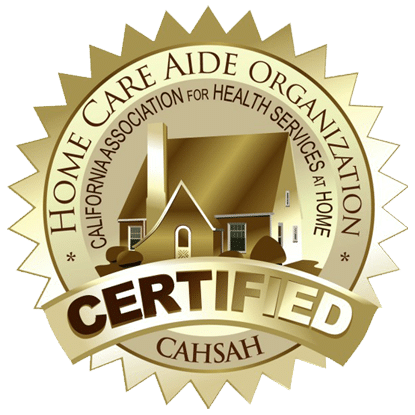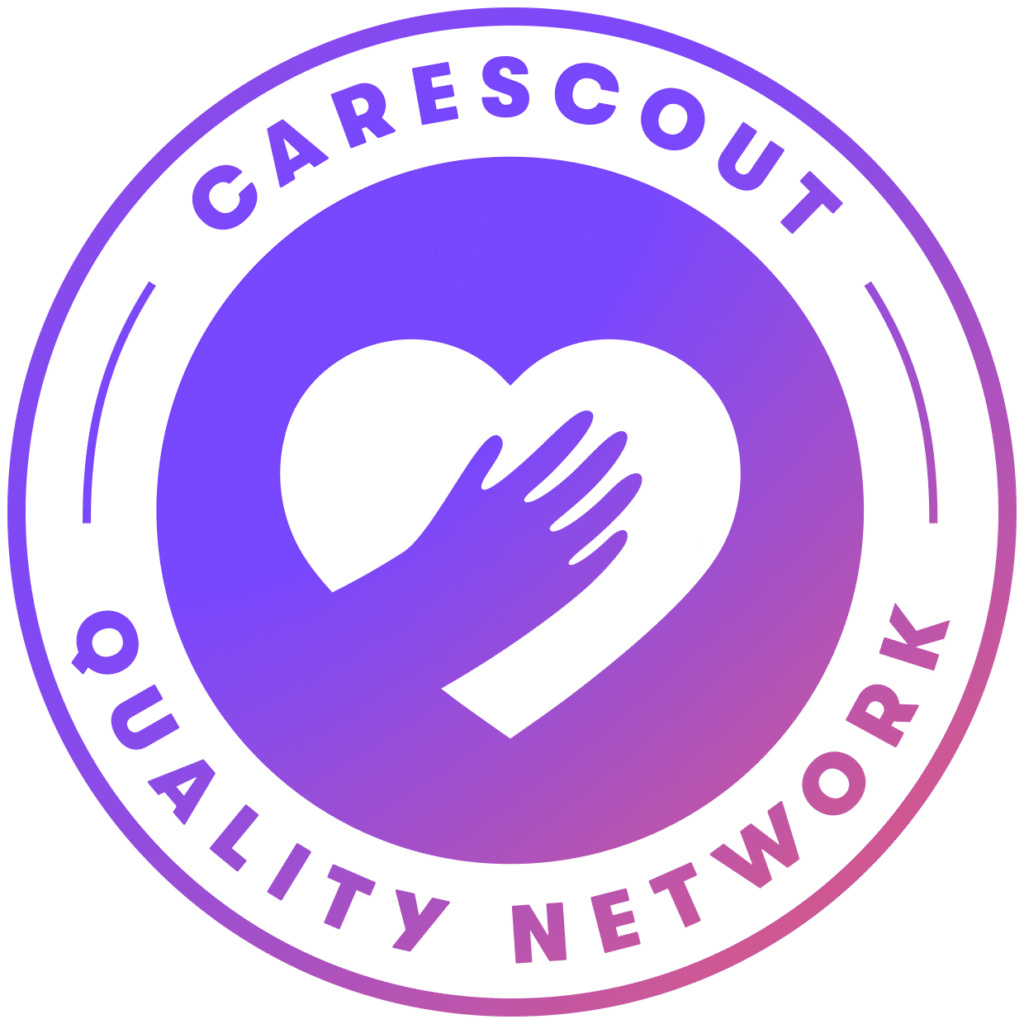Cognitive health becomes a more crucial component of our well-being as we age, which is why some seniors—and their loved ones—might wonder if testing is available to spot early indicators of cognitive loss. The good news is that yes, such testing does exist.
Cognitive screening, which evaluates thinking and memory abilities, can be very helpful in preserving mental clarity and spotting signs that might point to cognitive issues down the line. With this knowledge, seniors can build a support team that includes their loved ones, home care providers, and medical professionals to help them create an effective plan moving forward.
Cognitive Screening: What Is It?
Cognitive screening includes examinations and tests designed to gauge mental capacities such as memory, language, executive function, and other areas. By identifying early indicators of cognitive impairment, such as Alzheimer’s disease or other types of dementia, these screens can facilitate early management and intervention.
Cognitive screening often consists of verbal fluency tests, memory recall, pattern identification, and problem-solving exercises. These tests, which can take anywhere from 30 to an hour to complete, are typically given by medical specialists such as doctors, neurologists, or neuropsychologists.
When Is Cognitive Screening Appropriate for Seniors?
Although cognitive decline can happen to anyone at any age, seniors—particularly those over 65—are more vulnerable. With the help of home care workers and loved ones, seniors can be encouraged to explore testing, particularly if the following issues exist:
- Notable Problems in Memory or Thinking: If loved ones or home care aides notice ongoing memory loss, disorientation, trouble focusing, or other cognitive problems, it could be time for a screening.
- History of Cognitive Impairment in the Family: A family history of dementia or Alzheimer’s disease may raise seniors’ risk and call for routine cognitive evaluations.
- Fundamental Medical Conditions: Cognitive decline may be more likely in those with certain medical disorders, such as diabetes, hypertension, or cardiovascular disease. Cognitive screening could be beneficial for seniors with these disorders as part of their overall health care.
- Adverse Effects of Medication: Certain medications may have an impact on cognitive performance, especially in seniors. Home care professionals can encourage seniors to talk to their healthcare practitioner about the possibility of screening if they use medications that are known to affect cognition.
What Questions Should Seniors Ask the Healthcare Team?
It’s crucial to comprehend cognitive screening and all of its ramifications before testing begins. While home care services might be able to provide education and resources for seniors, there are also a few questions they should ask their medical team prior to testing. These can include the following:
- What Takes Place During the Screening?
- What Benefits and Risks Are There?
- What Takes Place Following the Screening?
- How Frequently Should I Get Screened?
Cognitive screening can be very helpful for seniors in preserving cognitive function and spotting early signs of cognitive loss. Seniors can prevent cognitive decline and improve their general health by being proactive and knowing what cognitive screening involves when to consider it, and what questions to ask their medical team.
Loved ones and home care providers can be vital support during this time, empowering seniors to take control and work toward better health and well-being overall.
If you or an aging loved one are considering Home Care in Torrey Pines, CA, please contact the caring staff at A Caring Touch Home Care today. Call (619) 344-0528
A Caring Touch Home Care is a Trusted Home Care Agency providing exceptional home care in Coronado, Del Mar/Del Mar Heights, Bonita, East Lake, La Jolla, Torrey Pines, Mt. Helix/La Mesa, Carlsbad, Oceanside, Carmel Ranch, Rancho Penasquitos, Point Loma, Rancho Santa Fe, San Diego and surrounding areas.
Sources:
- https://my.clevelandclinic.org/health/articles/22306-cognitive-test
- https://www.alz.org/professionals/health-systems-medical-professionals/cognitive-assessment
- https://www.webmd.com/brain/what-is-a-cognitive-test
- A Night of Powerful Storytelling: San Diego Latino Film Festival & “Arranca” - March 27, 2025
- The Importance of Consistency When It Comes to Eating - March 24, 2025
- Why Your Senior Parent Needs Help At Night - March 7, 2025







